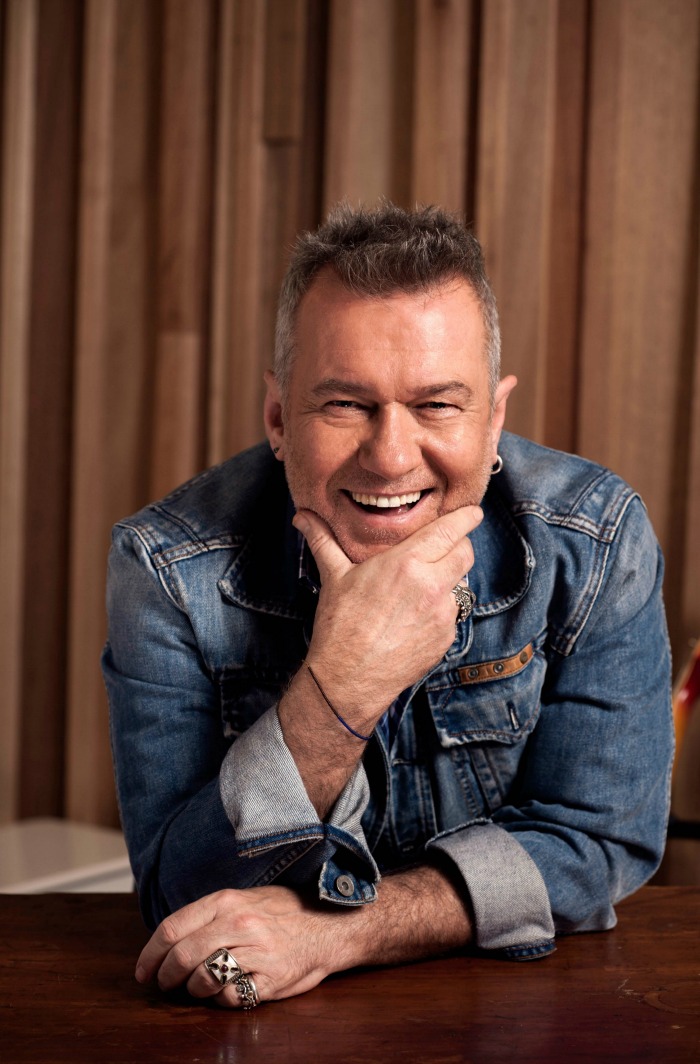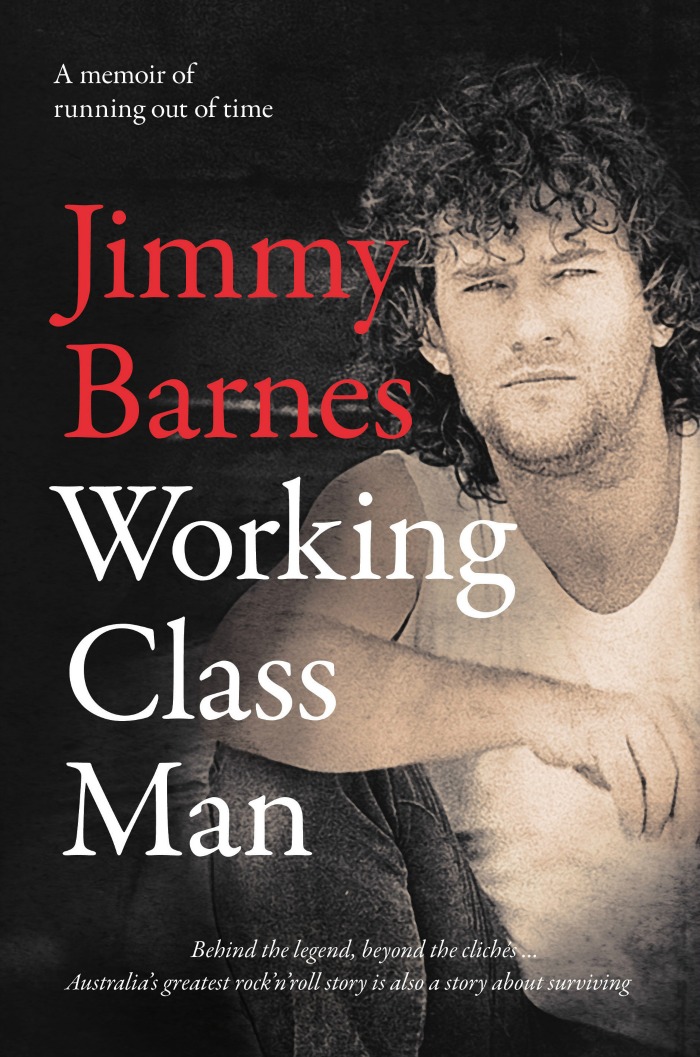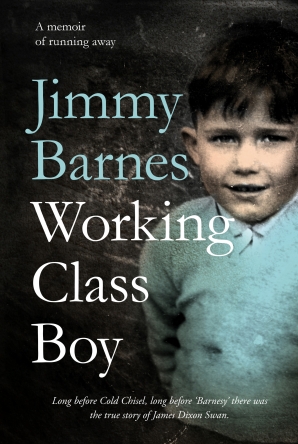
Jimmy Barnes may be one of the most famous Australian rock legends in the public eye, but he’s kept his personal battles private throughout his career – until now.
The 61-year-old star shared his battle with poverty, addiction and domestic violence in his first book, Working Class Boy, last year – before admitting attempting suicide in his second book, Working Class Man, a few months ago.
He’s now admitted it’s given him a “sense of freedom” to “shine a light” on his past issues and darkest thoughts.
From his memories of his early music days to being a grandfather, Barnes has revealed all on how writing his second book has changed him in an emotional Q&A with Starts at 60:
Read more: Jimmy Barnes comes clean on attempted suicide
I found it very difficult but at the same time it gave me a sense of freedom. Both of my books have allowed me to deal with issues that have been kept deep inside me and have been festering like open wounds, causing me a lot of pain.
I think shining a light on this stuff was a way of starting the healing process. I still have a lot of work to do but it is getting easier every day.

My family have been happy to see me dealing with all this stuff. It has given them more insight into why I am like I am and it has given them some tools to help me. It has also started a process of healing for them. These wounds are generational and I think if we deal with them now we can leave them behind.
I am glad that I don’t have to fight or ride around in the back of a truck in the dark being thrown from side to side. Every moment thinking that the next semi-trailer will kill us all. But there are things about being a young band with the world in our sights that I miss.
When it is you against the world, every little step you take feels like a giant leap for mankind. We felt like we were the first people to make those moves. Of course we weren’t, but it brought us so close together as friends. And that friendship will last forever.
There have always been labels and managers who groom acts for public consumption. Motown found young singers, dreaded them, straightened their teeth, taught them how to dance and then took all the money they made.
There have been many labels who have done this – high stakes marketing is not a new thing. A lot of young acts get caught up in this and lose sight of themselves and their dreams. But a lot of bands keep trying to do things their own way. Combing their hair the way they want, playing to loud and bucking the system …. And the good bands seem to rise to the top. It might not be overnight, but they get there.

Of course it was hard. But these issues are not exclusive to high profile people. These are the human conditions that plague all of us. I was happy to talk about these things at this time because I needed to get some answers.
And if along the way I could help someone else, then that was great too. I have lived my life in the public eye and the public have encouraged me and helped me deal with a lot of stuff. We are all in this together.
The reaction has been massive. I never in my wildest dreams thought that I would sell so many books or reach so many people. The problems that I looked at in the first book – poverty, addiction and domestic violence – are all related to the problems I faced in the second book.
Depression and violence and even suicide. So, these things are all woven together and we need to deal with all of these issues together.
Being a grandfather has made me more vital. I need more energy now than ever. I want to be around and spend quality time with my grandkids. Not sit in a rocking chair wishing I could play with them. So I am getting very fit these days.

I never get tired of singing for people. It is a privilege and I count myself very lucky to still be doing it. As long as someone is interested, I will be there singing.
I still have the same goals. I want to be a better singer, songwriter, father, husband, grandfather, friend. I want to be a better human being and I will try to keep growing and changing. Life is about change and I love life.
While the details of his childhood are available in Barnes’s first book, Working Class Boy, this is the first time Barnes has opened up so candidly about the darker aspects of his adult life. Working Class Boy is published by HarperCollins Australia and is now available at all good bookstores and online.
If you or someone you know is struggling, contact Lifeline on 13 11 14 for crisis and suicide prevention support.